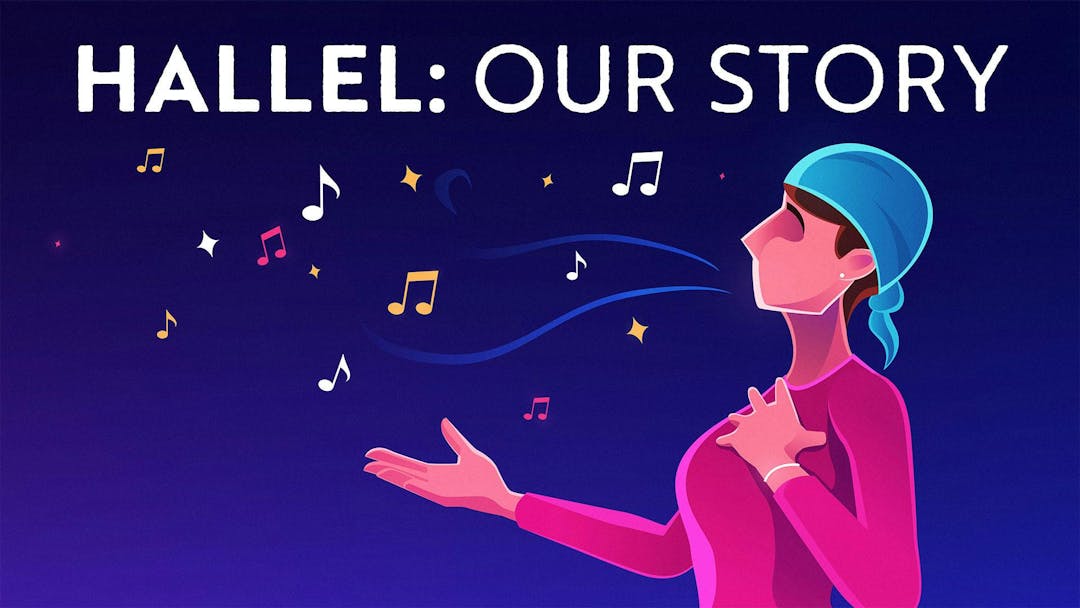Start your free trial today to unlock the full library and enjoy unlimited and uninterrupted access.
Get StartedAn Epic Understanding Of The Jewish Holidays
The Deep Connection Between the Biblical Holidays
What does the Bible say about celebrating holidays? How does the Bible develop our understanding of what Jewish holidays really mean? This video takes a careful look at the Parshat HaMoadim, the section of the Torah that describes all of the biblical holidays. In it, Rabbi Fohrman notices that there are two major interruptions, two things that just don't seem to belong. What are they, why do they invade the laws of the holidays, and how does this help us understand Biblical Jewish holidays in a new light?
Get ready to unravel the Torah's secret about the true meaning of Sukkot, Pesach, and Shavuot.
Want to watch the full video for free?
Enter your email and we’ll send you a link to watch the full series free.
What is Aleph Beta?
Aleph Beta is a unique kind of Torah library. Led by our founder, Rabbi David Fohrman, we are dedicated to high-level, textual Torah learning for adults that is intellectually and spiritually sophisticated, that enlivens your Jewish practice and helps you forge a deeper connection to God. Whether you’ve been learning in yeshiva for years or you’re just beginning your Torah journey, you’re sure to find something meaningful and surprising waiting for you here.
Browse our library of over 1,000 beautifully produced animated videos, podcasts, deep dive courses, and printable guides. Topics include the weekly parsha, Jewish holidays & fast days, laws & mitzvot, prayers, relationships, big philosophical ideas and more. Have something to say at the Shabbos table that will amaze your family and guests and bring deep meaning into their lives.










